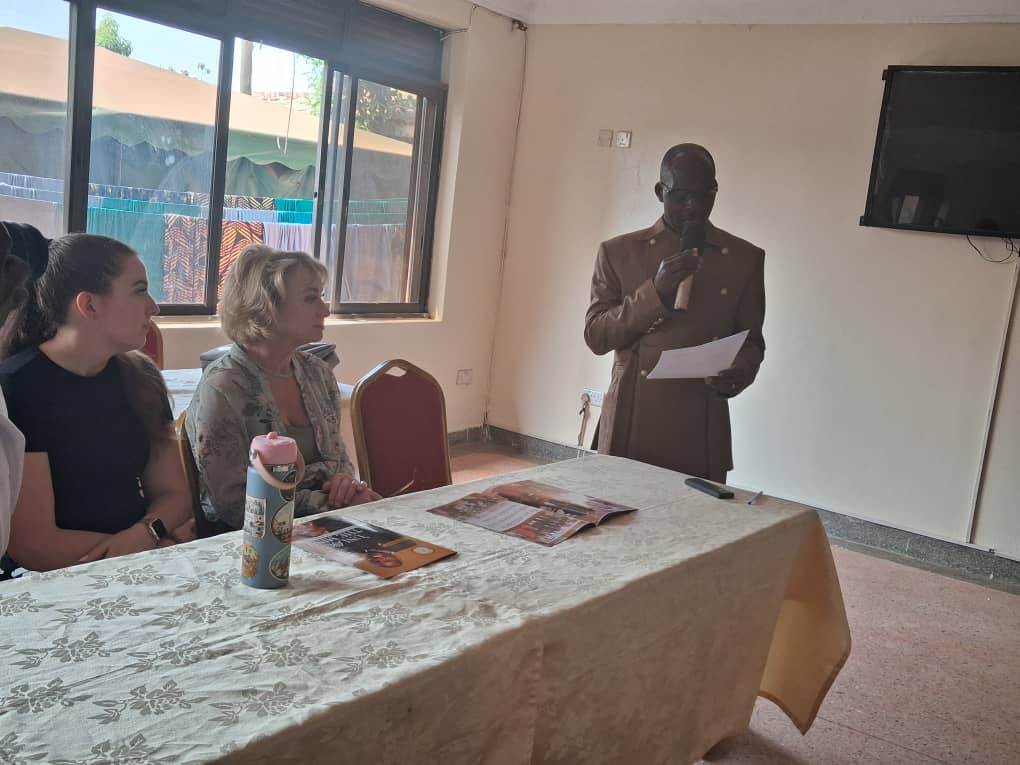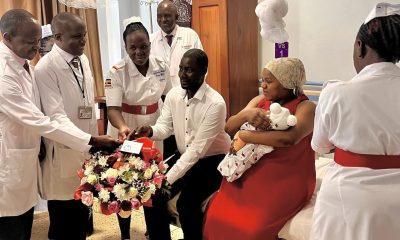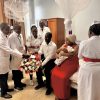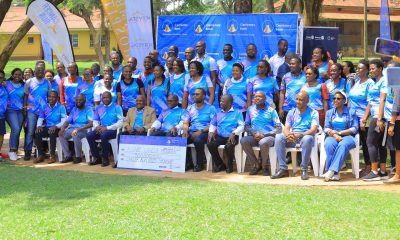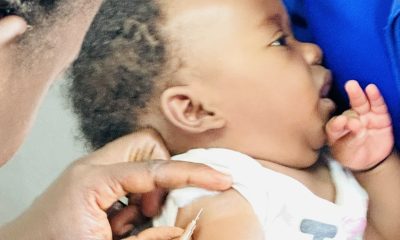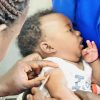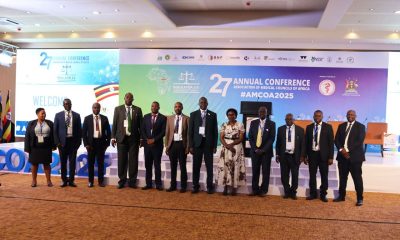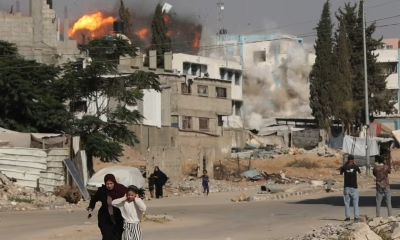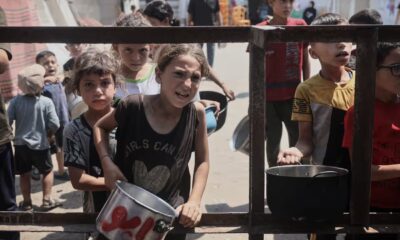Health
HOCW Director Bolingo Rehabilitates SGBV victims of Ndejje Community
In a bid to reduce Sexual Gender Based Violence (SGBV) cases in Ndejje community, Hope of Children and Women Victims of Violence (HOCW) has constructed safe homes to rehabilitate victims of SGBV in Ndejje community through a project dubbed ‘More food and less violence’.
The purpose of the safe homes is to accommodate these victims, rehabilitate them and equip them with vocational skills that will change their lives.
During a press conference held at Florida Hotel, Zana on 31st July, 2025, Bolingo Ntahira the Executive Director HOCW revealed that over 56 victims have so far been rehabilitated, citing a decline in SGBV cases.
“We rehabilitate them and engage more affected women in inlusive decision making processes. These shelters house the victims as we try to fix their problems, once the problem is solved we release them,” He said
He further revealed that during the rehabilitation process, victims are equipped with vocational skills like baking, tailoring, urban farming among others. Adding “Over 500 families have started urban farming in Ndejje community but the most challenging problem is financial support which is most needed.”
Meanwhile, to ensure that their is food security, Kagoye Godfrey, the project consultant revealed that 7 green houses have been constructed while he highlighted the achievements so far met under the project.
“We have increased food in households by Training the residents on how to do urban farming using small scale pieces of land and 7 green houses were constructed to ensure safety of the food,” He said
Kagoye also revealed that through the project, community shelters have been constructed that can be used to plant about 10,000 seedlings within 30 days, seeds that can be distributed among households.
Mbabazi Diana, Incharge CFPD Ndejje police station urged parents to educate their children about the dangers of SGBV.
“I urge parents to educate their children, much as your looking for money, advice these children because both girls and boys are sexually abused. What is in our homes is painful, our children are raped so if you don’t nature these children other selfish people will do so,” she said
She further tasked parents to report rape cases to police immediately it happens so that forensics retain evidence.
“Immediately you get to know about the incident, take the Child to police so that evidence is not tampered with.” Mbabazi noted
According to a 2025 report by BMJ Innovations, In Uganda, 60% of women aged 15-49 experience GBV, with physical violence being the most common form. The UN in Uganda also emphasizes the impact of GBV on women and girls, noting that 95% have experienced some form of violence.
GBV encompasses physical, sexual, psychological, and economic violence, as well as harmful traditional practices like female genital mutilation. It can lead to various health problems, including sexually transmitted infections, injuries, mental health issues like depression, and even death.
Contributing factors to GBV include; conflict, humanitarian crises, poverty, and human trafficking wgich are known to exacerbate GBV.
However, there have been endless efforts to combat GBV in Uganda, for example; UNICEF highlights the role of the SAUTI 116 Child Helpline in protecting children from violence, abuse, and exploitation, the United Nations actively participates in the 16 Days of Activism against Gender-Based Violence campaign to raise awareness and promote action. Lastly, Uganda has laws and policies aimed at addressing GBV, but implementation and enforcement remain crucial.
Comments



